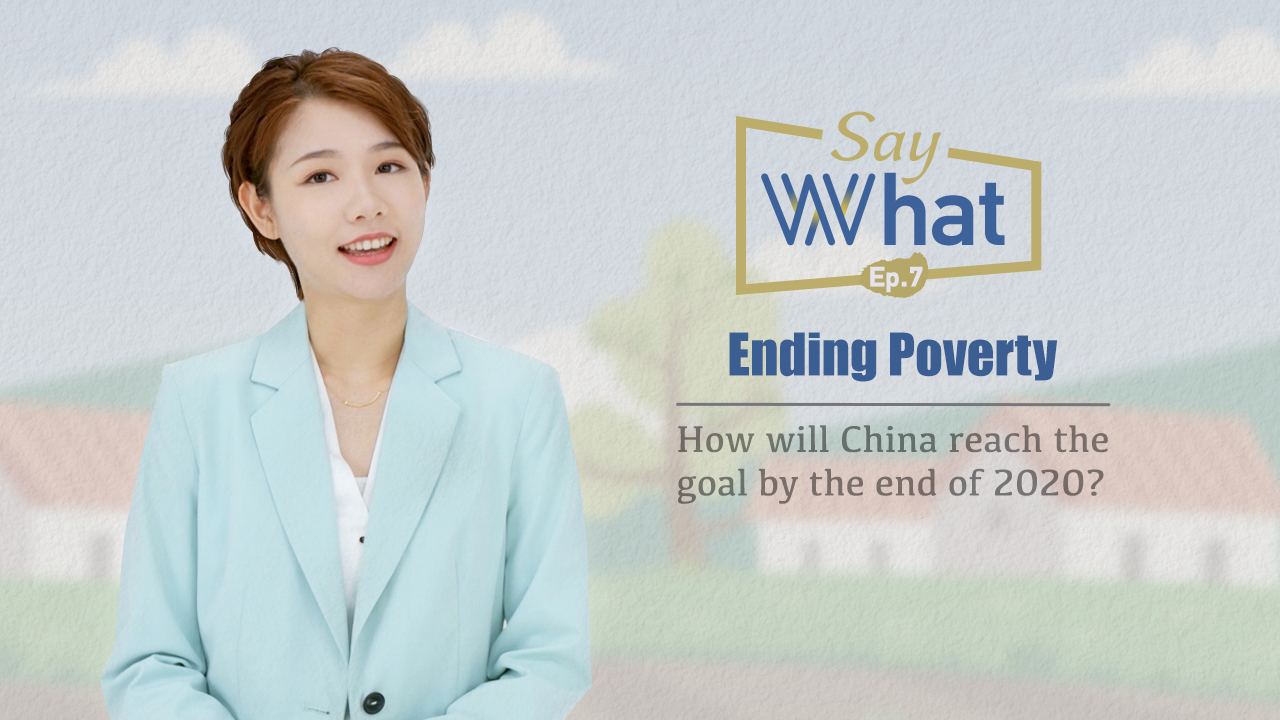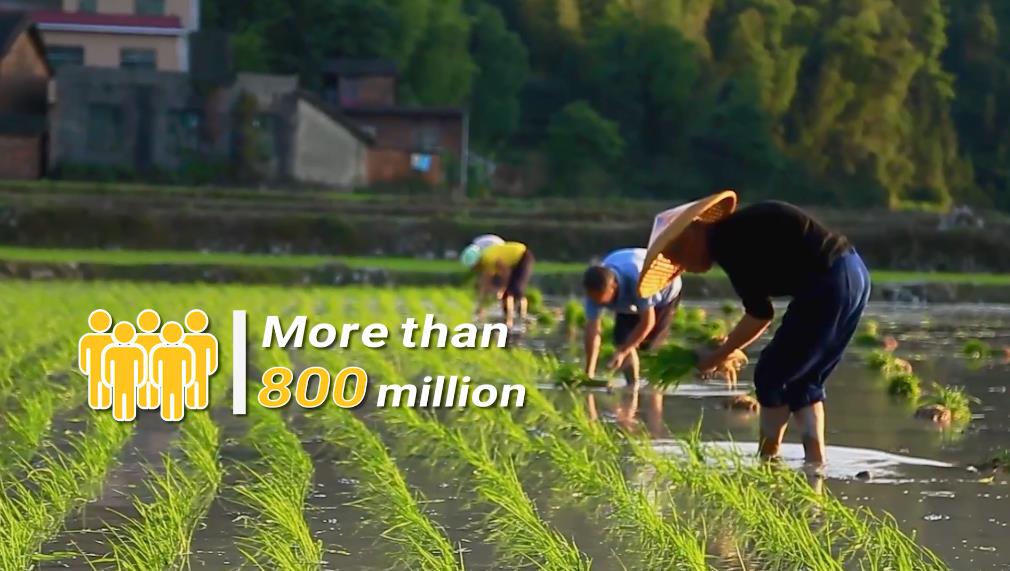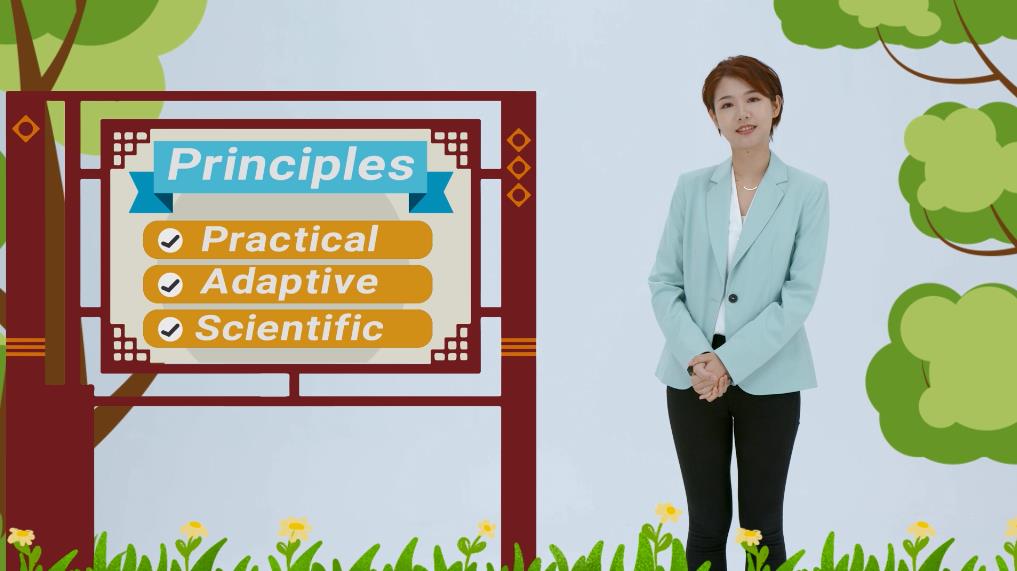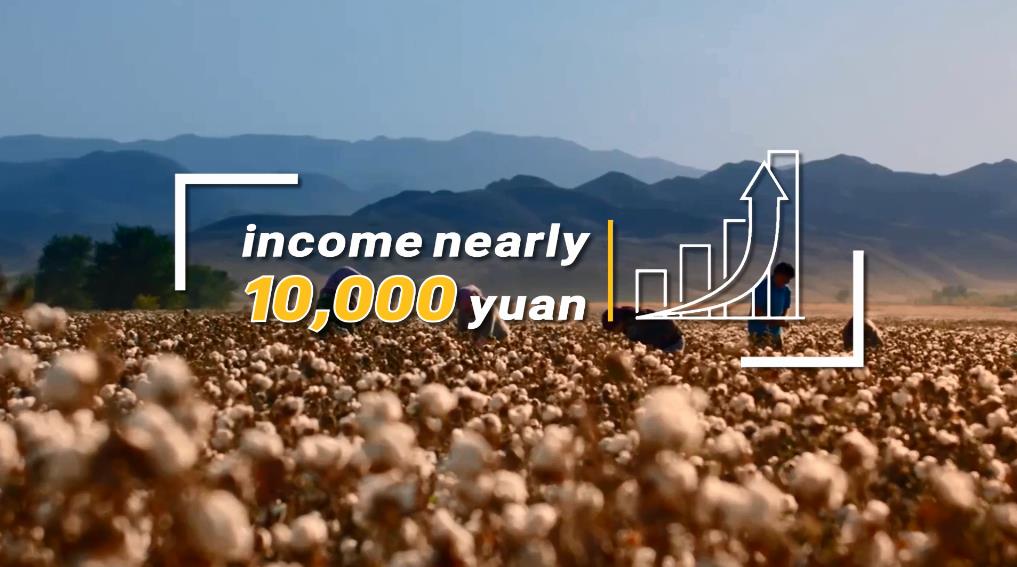04:27

Editor's note: SAY WHAT? is an original video series presented by CGTN Digital for the upcoming Two Sessions. Each episode introduces one key expression that will be frequently mentioned and discussed during the sessions. We hope this is an easier way for you to better understand China's important annual political event. Key expression in this episode: Ending Poverty.
Do you know how many people still live in extreme poverty worldwide? 700 million. That's why ending poverty is a global yet challenging mission.
China, the largest developing country in the world, has been fighting poverty for long. In the past 70 years since the founding of the People's Republic of China, more than 800 million people have been lifted out of poverty.
Though continuous efforts have been made, there were still over 50 million people living in poverty in China in 2015. And the country set a grand goal of lifting all its citizens out of poverty by 2020.

In the past 70 years since the founding of the People's Republic of China, more than 800 million people have been lifted out of poverty. /CGTN
In the past 70 years since the founding of the People's Republic of China, more than 800 million people have been lifted out of poverty. /CGTN
That sounds almost impossible in its ambition. Above all, China is an agricultural country. There are still a large number of people living in poverty in its extensive rural areas.
These rural areas face three common challenges:
First, what modern industries can be introduced? Productions and products need to be based on local conditions.
Second, how to make a profit? Costs and returns must be carefully evaluated.
Third, where to find qualified workers? Younger people have left to seek jobs in the cities while locals lack motivations for pre-job training.
The answer lies in the targeted poverty alleviation strategy. Be practical, be adaptive and be scientific – these approaches are the guiding principles.

The targeted poverty alleviation strategy is practical, adaptive and scientific. /CGTN
The targeted poverty alleviation strategy is practical, adaptive and scientific. /CGTN
The Chinese government has also adopted a system to offer sustainable help. The system is designed to motivate people to actively engage in economic activities.
For example, people who receive financial support from the government are required to make profits through running their own businesses.
Each village is supported by a team from the local government. The team gives advice and assistance to help the villagers.
A case study is Kuoqia Village, in northwest China's Xinjiang Uygur Autonomous Region. The village was once an impoverished place, and in 2019, it was removed from a list of villages officially classified as poor.
It has developed a tourism industry based on its rich natural and cultural attributes, such as desert, wetlands and a golden poplar forest. Tourists have been attracted and the service industry have boomed, increasing the local employment rate.

In 2019, the average per capita income for the 234 poor households in Kuoqia Village, northwest China's Xinjiang Uygur Autonomous Region, reached nearly 10,000 yuan (1,430 U.S. dollars). /CGTN
In 2019, the average per capita income for the 234 poor households in Kuoqia Village, northwest China's Xinjiang Uygur Autonomous Region, reached nearly 10,000 yuan (1,430 U.S. dollars). /CGTN
Last year, the average per capita income for the 234 poor households in the village reached nearly 10,000 yuan (1,430 U.S. dollars). Local government says the chance of people slipping back to poverty remains as low as 0.65 percent.
By the end of 2019, there were 5.51 million people living in poverty across the country. This year, the sudden outbreak of the COVID-19 has brought new challenges.
How can China reach its goal of ending poverty by the end of this year? NPC deputies and the top political advisors will give their solutions at this year's Two Sessions. China and the world will keep an eye on the policies enacted.
Anchor: Liu Chen
Editor: Wu Yan, Liu Chen
Copy Editor: John Goodrich
Producer: Zhang Xiaohe
Senior Consultant: Dr. Xia Jixuan
Chief Editor: Chen Ran
Supervisor: Zhang Shilei